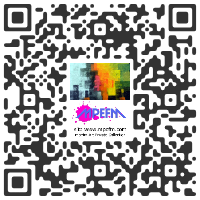"THE SONG OF THE CHICOTTE"
BLESSING NGOBENI
CIRCA GALLERY
 2 Jellicoe Ave. Rosebank Johannesburg
2 Jellicoe Ave. Rosebank Johannesburg +27 11 7884 805 e-mail:
7 July – 21 August, 2016
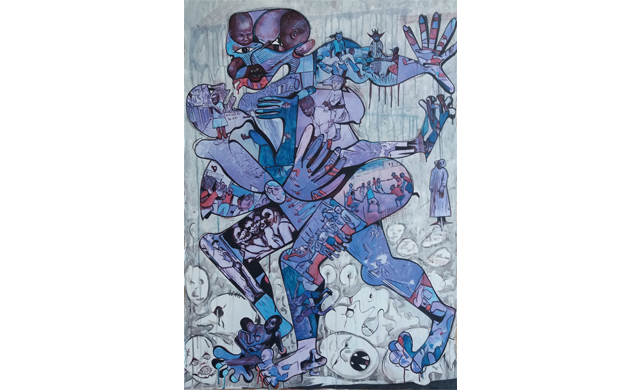
|
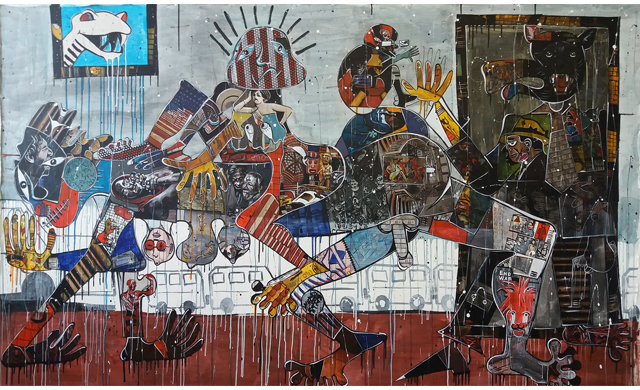
|
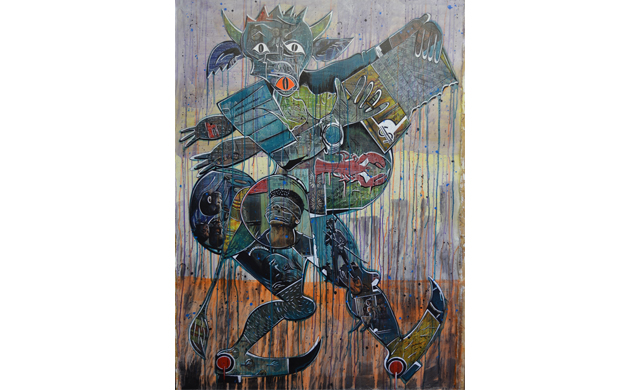
|
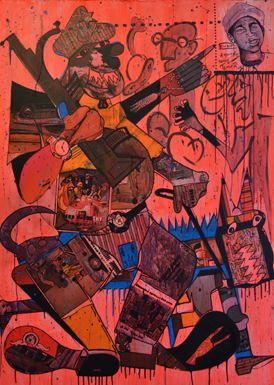
|
The ‘chicotte’ is known in South Africa as the sjambok – although the sjambok is generally smaller and smoother. It has been used extensively throughout the colonies, perhaps most notoriously in the Congo during King Leopold’s reign. The chicotte was usually made up of a fresh strip of raw hippopotamus hide that was cut in a corkscrew fashion, leaving the edges extremely sharp. In time it also hardened, while remaining flexible, making it more effective in ripping open skin and muscle. The whippings were administered to a stripped victim's back and buttocks. According to the laws, there were supposed to be no more than twenty-five lashes and the perpetrator had to stop when the victim’s blood began to flow – but inevitably and frequently this was abused. There were reports of two hundred strokes being administered and this would almost inevitably lead to death. Altogether, it is estimated some ten million Congolese lost their lives under colonial rule – and a number of these deaths would have been as a result of the chicotte and other forms of ‘punishment’.
In this exhibition, Blessing Ngobeni had used the chicotte as a metaphor for slavery in general – not just historical slavery but slavery of the mind, the spirit – in the country, our relationships, ourselves. We brutalise ourselves and each other, and perpetuate the patterns that we have inherited: the sins of the fathers are, more often than not, still being visited on their children.
In place of these old patterns, Ngobeni urges us towards a new vision of the world – one “not ruled by the hyenas of old, who wear different guises and inflict the same punishments”.
In this exhibition, Blessing Ngobeni had used the chicotte as a metaphor for slavery in general – not just historical slavery but slavery of the mind, the spirit – in the country, our relationships, ourselves. We brutalise ourselves and each other, and perpetuate the patterns that we have inherited: the sins of the fathers are, more often than not, still being visited on their children.
In place of these old patterns, Ngobeni urges us towards a new vision of the world – one “not ruled by the hyenas of old, who wear different guises and inflict the same punishments”.


Opening :
7 July 2016 6:00 pm
mpefm
SOUTH AFRICA art press release






